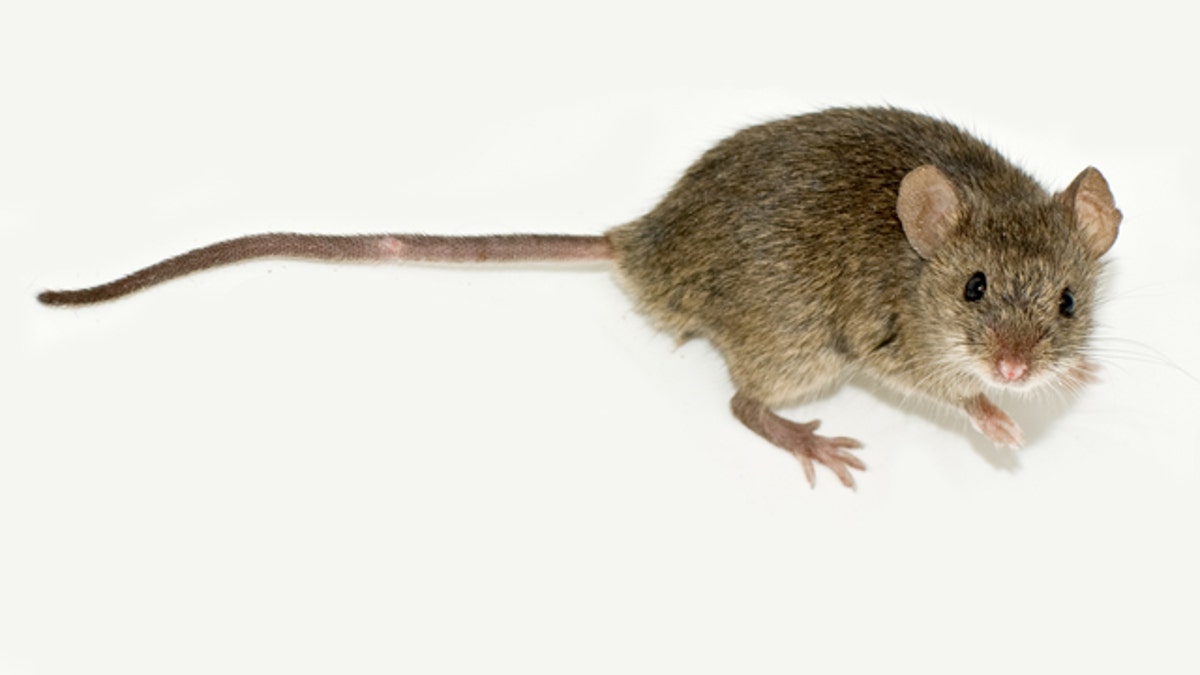
(Wikipedia)
In one of the more bizarre homages to Jane Austen, biologists have named a protein in mice urine after her famed character Mr. Darcy from the novel "Pride and Prejudice."
Much like Mr. Darcy had a magnetic pull on Elizabeth Bennet (and countless readers), the protein is a pheromone responsible for attracting female mice to the odor of a particular male. The scientists dubbed the protein "darcin" after the character from Austen's 1813 novel.
Analogous chemicals could be at work in human sexual attraction, too.
"Although darcin is species-specific, similar pheromones that stimulate learning of an individual's scent could even underlie some complex, individual-specific responses of humans," said lead researcher Jane Hurst of the University of Liverpool.
Hurst and colleagues studied more than 450 female house mice. The scientists exposed the mice to two urine scents – one from a male, and one from a female – and measured how long the females lingered near the smelly spot. In some trials, the mice were allowed to touch the scent mark, and in some cases only smell it.
"Contact with darcin consistently doubled the time spent near a male's scent," Hurst said. "Touching darcin with the nose also made females learn that particular male's odor, subsequently tripling the time spent near to the airborne scent of that individual male but showing no attraction to other males."
Mice are known to use urine scent marks to advertise their location and claim ownership of territory and dominance. And female mice have been shown to use their sense of smell to select mates. But the new finding is the first time a specific protein has been shown to drive sexual attraction to individual males in a complex vertebrate, the researchers said.
The biologists report their discovery in the latest issue of the journal BMC Biology.
Copyright © 2010 LiveScience.com. All Rights Reserved. This material may not be published, broadcast, rewritten or redistributed.








































